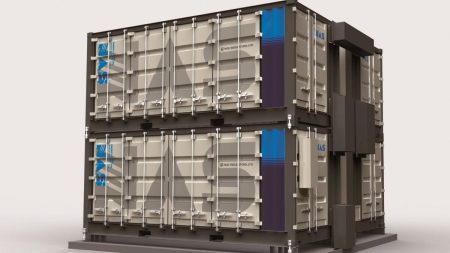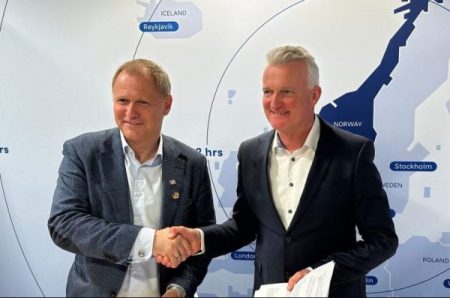 23 July 2013, Lagos – As part of measures put in place to boost electricity supply in the country, Nigeria and India have concluded plans to set up an off-grid solar powered system across selected locations in Nigeria.
23 July 2013, Lagos – As part of measures put in place to boost electricity supply in the country, Nigeria and India have concluded plans to set up an off-grid solar powered system across selected locations in Nigeria.
Already, an agreement to actualise the objectives of the project has been signed by the two parties involved.
A statement from the ministry of power in Abuja disclosed that the ministry and Indian-based power firm, Bharat Heavy Electricals had put pen to paper to commence with the project.
According to the statement, from the plan, which was unveiled, Bharat Heavy Electricals has been given the nod to commence studies on the project with a view to climaxing it with the setting-up of solar based independent projects in selected locations starting with Bida in Niger State.
Although, details of the expected capacity and funding mechanism for the project were not disclosed, the Permanent Secretary in the ministry, Godknows Igali, had expressed delight at the prospect of the proposed project.
Igali stated that the project would unbundle the enormous potentials in Nigeria’s power sector, assuring that Nigeria’s open door policy for genuine investors in the power sector and fruitful collaboration with the Indian company would be leveraged to make a success of the project.
The Secretary of Government of India, Department of Heavy Industries, Dr. Sutanu Behuria, who led the team at the signing ceremony expressed India’s interest in the provision of funds in various forms for the development of Nigeria’s power sector.
Behuria stated that Bharat had got the necessary capacity to deliver on the project considering its experience from operations in 12 African countries, which he described as robust and will come in handy in assisting Nigeria realise its vision for uninterrupted power supply.
Meanwhile, the Nigerian Electricity Regulatory Commission, NERC, has said that disclosure of vital information as demanded by the Freedom of Information, FOI, Act 2010 was necessary to douse unnecessary tensions in such complex sector like Nigeria’s Electricity Supply Industry, NESI.
Chairman of NERC, Dr. Sam Amadi, stated at an interactive session with chief executives of ministries, departments and agencies, MDAs, of the federal government alongside the House of Representatives Committee on reform of government in Abuja that contrary to insinuations, an open government enjoys more stability and efficiency.
Amadi explained that embracing the FOI law would not provide an organisation the freedom to act in justifiable manners, adding that NERC as a regulator would remain open to required disclosures as mandated by the law.
“The most difficult challenge to the FOI law is conceptual hurdle because of the erroneous belief of what disclosure would do to an organisation, contrary to that, an open government is more stable and efficient as feedbacks from citizens and customers improve organisational processes and outcomes,” Amadi stated.
He also advised managers of government agencies to understand that without transforming the corporate culture of their agencies, making the paradigm shift required to fully embrace the FOI law would be challenging.
– Chineme Okafor, This Day



